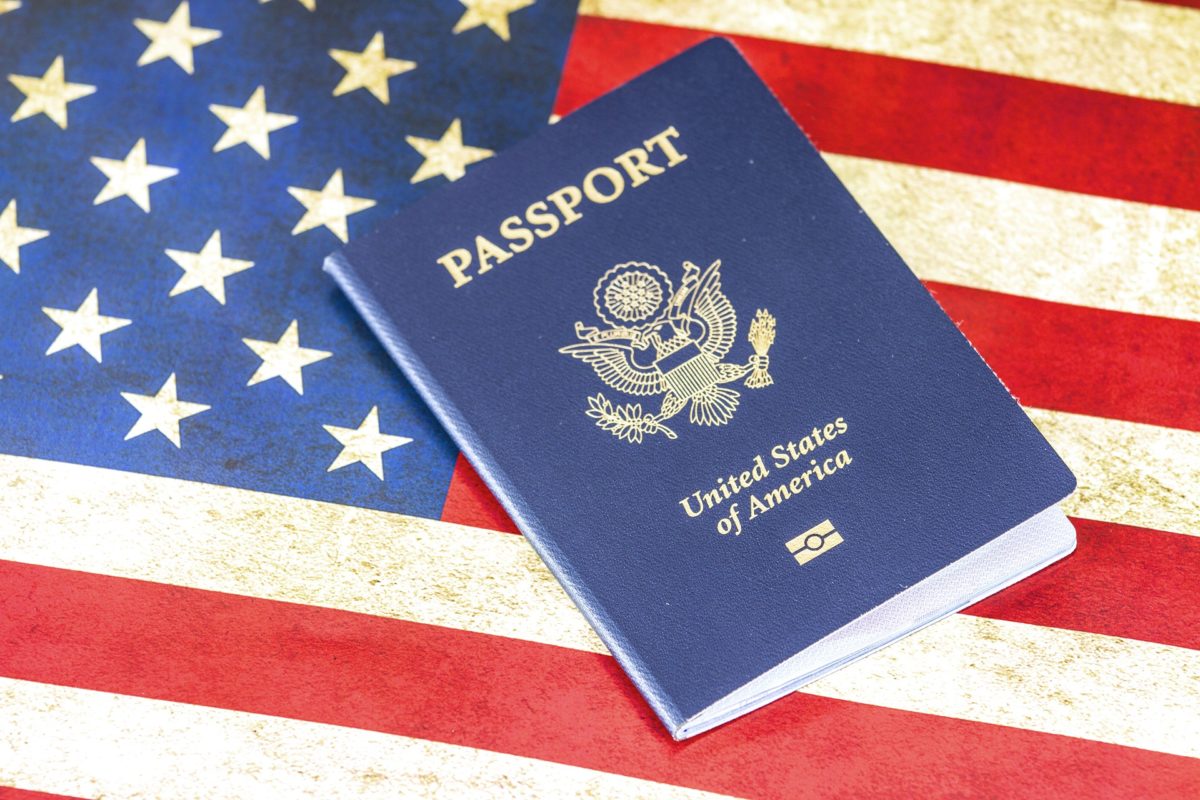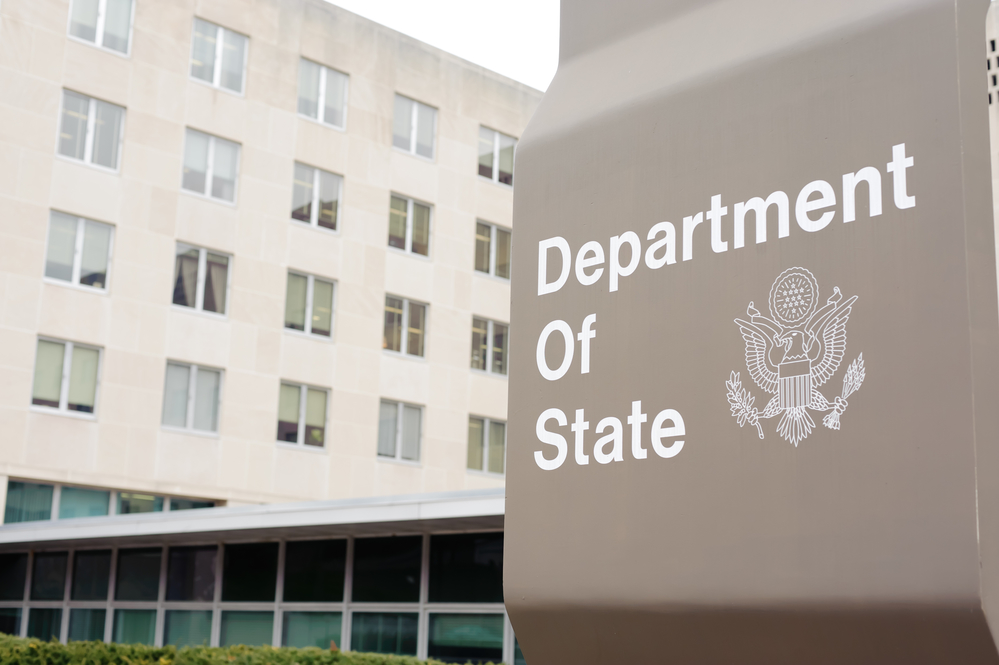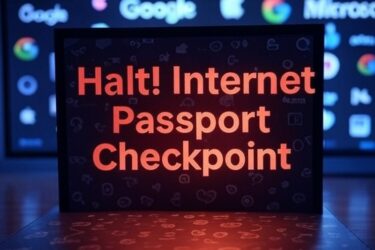The US State Department releases its FAQs regarding the social media screening of visa applicants while addressing those that don’t have social media accounts.
As part of the expansion of the Trump administration’s heightened monitoring of potential immigrants and visitors to the US, the US State Department now requires that visa seekers disclose their social media accounts (if they have them), previous email addresses, and phone numbers, for the past five years.
In accordance the State Department has updated its immigrant and nonimmigrant visa forms to include a request for additional information, which includes social media identifiers.
The mandate will impact some 15 million visa applications that the department receives each year.
What’s Different Now?
Several social media platforms are listed on the new visa application forms, for which applicants must provide information pertaining to the past five years.
Applicants can also, however, volunteer information about social media accounts on platforms that are not in the list.
Information collected in the nonimmigrant or immigrant visa application or adjudication process is considered confidential and may be used only for certain purposes expressly authorized by law
In the past, only applicants identified for extra scrutiny were obliged to disclose social media, email, and phone number histories.
Such people included those traveling to terrorist organization-controlled areas, constituting about 65,000 applicants per year.
What if the visa applicant doesn’t have a social media account?
Applicants can opt to say that they do not use social media if that is the case, according to the State Department FAQs:
A response to the questions related to social media will be required. Visa applicants who have never used social media will not be refused on the basis of failing to provide a social media identifier, and the form does allow the applicant to respond with “None.”
Applicants should complete the application as fully and honestly as possible to avoid any delays in processing. Failure to provide accurate and truthful responses on a visa application or during a visa interview may result in denial of the visa by a consular officer.
In the case of an applicant who has used any of the social media platforms listed on the visa application in the preceding five years, the associated social media identifier would be required on the visa application form.
Data Protection of Applicants and US Citizens
Data protection is an obvious concern since private information of not just applicants but that of US citizens might also appear on social media, since the information collection might inadvertently include it.
The department says it will limit its information collection to a visa adjudication.
“In accordance with US law, information collected in the nonimmigrant or immigrant visa application or adjudication process is considered confidential and may be used only for certain purposes expressly authorized by law, including the formulation, amendment, administration, or enforcement of US laws.
The department also claims to be taking measures to adequately protect information from US citizens in accordance with applicable privacy laws.
Consular officers will not request user passwords and will not attempt to subvert any privacy controls applicants may have implemented on these platforms
Profiling Bias

The department clarifies that consular officers are not allowed to deny visas based on applicants’ race, religion, ethnicity, national origin, political views, gender, or sexual orientation.
It also claims that social media information will be used for identity resolution and to determine the applicant’s eligibility for a US visa under US law.
“Visa ineligibilities are set forth in US law. Consular officers will not request user passwords and will not attempt to subvert any privacy controls applicants may have implemented on these platforms.”
Privacy
The department denies that the collection of this information could be considered an invasion of privacy.
It claims that the safeguards and confidentiality provisions that protect a visa applicant’s personal information also apply to social media identifiers and all other newly-collected information related to a visa application or adjudication.
Maintaining robust screening standards for visa applicants is a dynamic practice that must adapt to emerging threats
Consular officers will not have the right to request user passwords or the ability to modify privacy controls implemented by applicants on these platforms.
Currently, visa applicants are asked to provide contact information, travel history, family member information, and previous addresses.
According to the department, collecting this additional information aims to strengthen the applicant-vetting process and confirm applicant identities.
As it says, “Maintaining robust screening standards for visa applicants is a dynamic practice that must adapt to emerging threats.”
The move for social media screening visa applicants was approved after being proposed by the US State Department in 2018 as well as in 2015.











